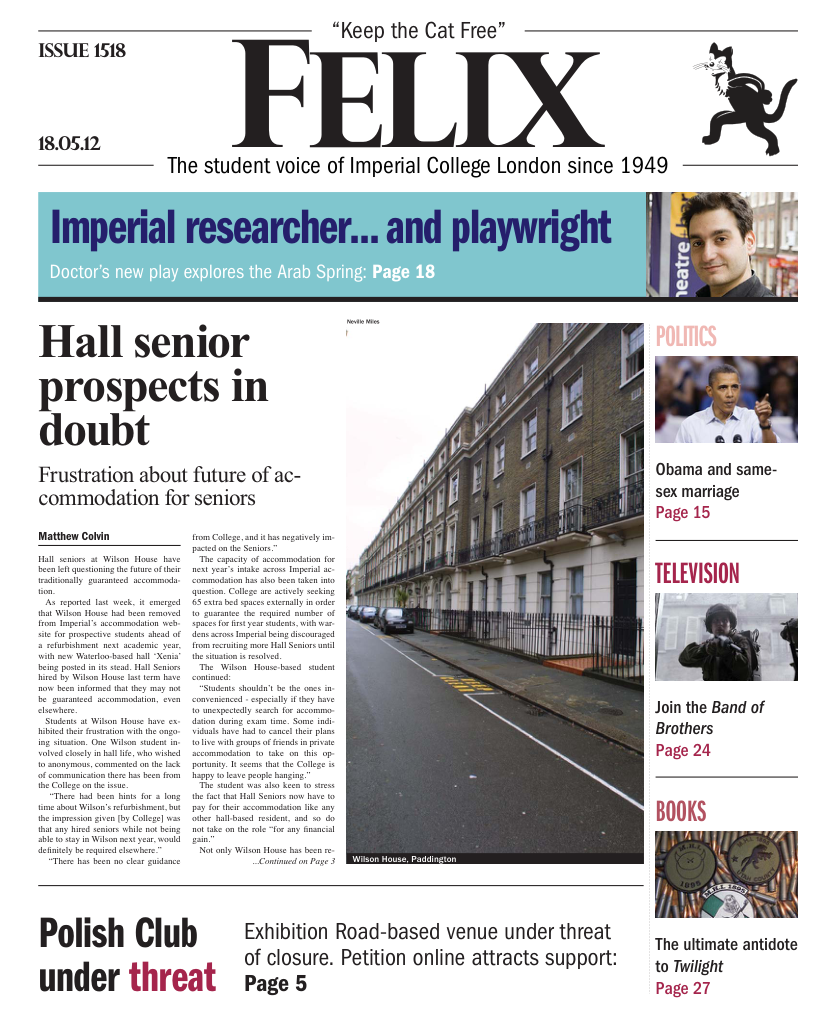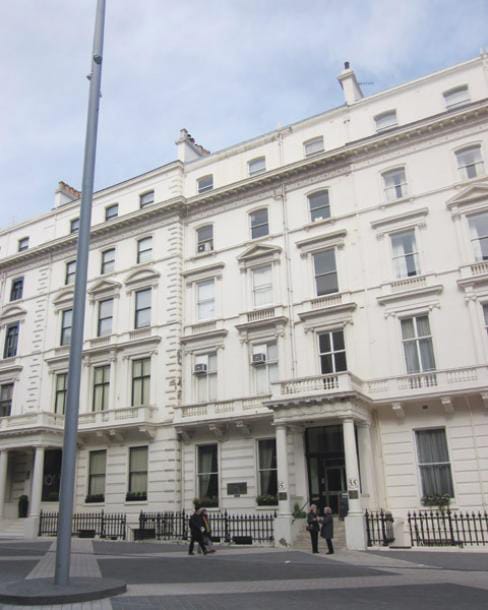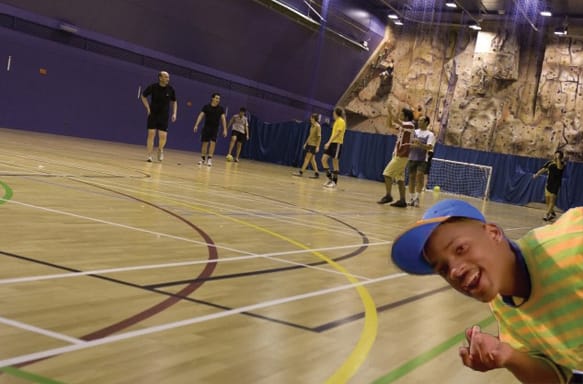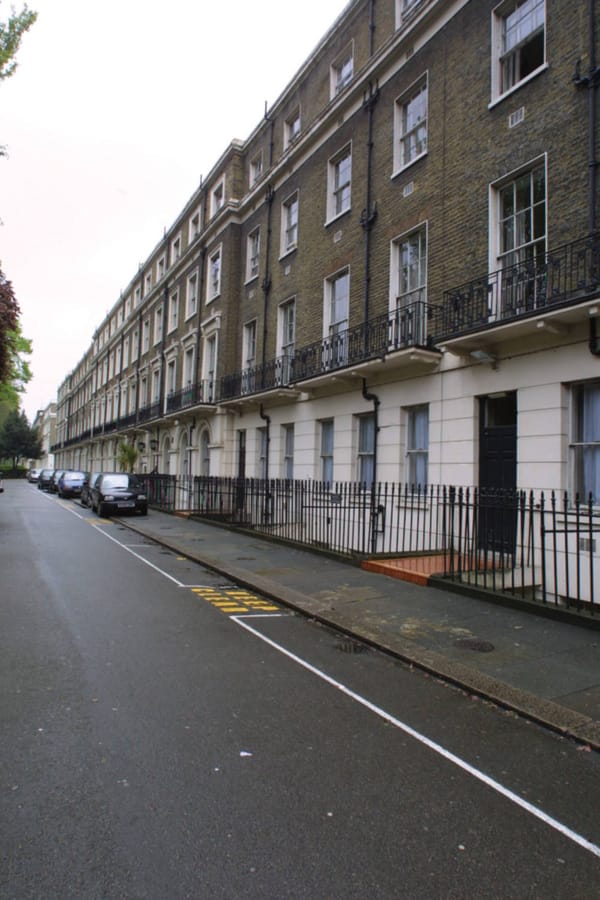Cold Fusion@London: event fails to reach critical mass
Fallout as event loses over £15,000
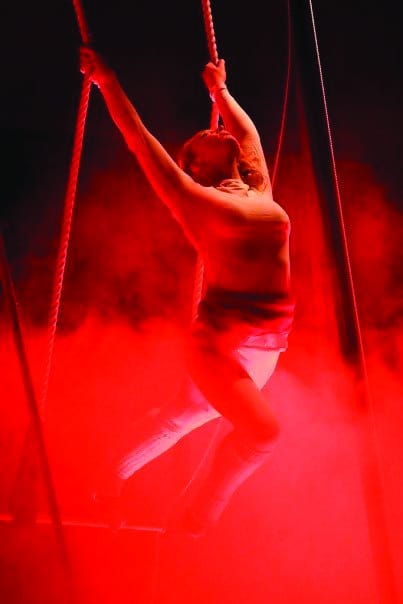
The financial outcome of the charity event Fusion@London has finally become clear. As reported previously in Felix, there was initially a long, slow, and confusing period of uncertainty as to exactly what the situation was. Up until as recently as 1 May, there were still invoices that needed to be paid. However, the loss is now known and eActivities (the online record of transactions for clubs and societies) currently gives an accurate representation of the financial failure of the event. In total, the event lost £15,506.91.
Fusion@London, founded by Angela Udemba, who is a PhD student at Imperial, is not the first event under the Fusion name. The concept and first show was in York in 2005 and Angela Udemba became the creative director in 2008, when the show was still at York. The York events were successful and so she brought the idea to London. This year marked the first London based Fusion event, which were held at The Troxy in Limehouse on Saturday 25 and Sunday 26 February. The website for the event states that: “At the heart of Fusion@London is an extravagant annual fashion music and dance fundraising event”. The aim was to raise money for the charity Cancer Research UK. The fundraising target was stated on the website as being £50,000. A large amount of sponsorship from various different companies was acquired. The total amount from the plethora of sources was £8,400. The main sponsors were Ernst & Young, with the Gold sponsors being Deutsche Bank, and smaller companies, retailers, and clubs being the Silver and Bronze sponsors.
The nature of the event itself has been described as a creative amalgamation of fashion, music, and dance. It is a show entirely organised and performed by students primarily from IC and involves a cast of at least 100 and a committee of 16-18. It had several musical headline acts and was supposed to be presented by three of the stars of Made in Chelsea – Spencer Matthews, Hugo Taylor and Binky Felstead.
Much like the loss-making Summer Ball of 2011, Fusion was jointly held by institutions, in this case Imperial College London Union (the Union), University College London Union (UCLU), and King’s College London Union (KCLSU). As stated in the original article, neither UCLU nor KCLSU were financially responsible in any way for the event. This meant that the only student union actually risking money was Imperial College London’s Union, i.e. the Union. When asked why UCLU didn’t put any money in for the event, the reply was that “[UCLU] don’t believe they [Fusion] asked”. Some societies from the other Universities were involved, although they carried none of the financial burden. UCLU said that some of their students were involved and that “Fusion were especially keen for the involvement of [the] Dance Society”. However, they had other commitments and were therefore unable to commit much to the show, and the Dance Society didn’t want to participate in Fusion as an official society activity.
Initially, everything was progressing very well. The Halloween themed Masquerade Ball, which was held at Café de Paris and featured 2-4-1 cocktails, raffles, and prizes for best dressed, made nearly £5000. This was used as the launch party, and signified the only point when Fusion was in the black.
As the opening night for the event drew closer some problems were incurred. The _Made in Chelsea _stars could not all make both nights. On Saturday, all three dropped out due to filming commitments. It was stated in their contracts that Fusion could not have them, or accept an alternative, if they had filming commitments. Therefore they were not paid and a replacement, the musician Sarvi, had to be arranged through Max Clifford. On Sunday night Hugo and Spencer turned up and were subsequently paid.
Various pieces of sound equipment at The Troxy were broken on one of the nights of the event, and the venue is charging £3,972 for it. Henry Whittaker, the Technical Director, said that the blame rested with either the sound engineer from Clement Marfo (who were one of the headliners of the night) for “incompetence and/or the venue, for not having a correctly configured system”. The Union were asked for assistance in recovering the loss of the PA breakage, however, at the time of writing, they haven’t responded to the request.
The ticket sales for the event, which were previously not known, have also been reported and the income generated has been added to the money to update the figure. The total capacity of the event was 2,045. Tickets were sold through the box office at The Troxy as well as via Time Out, KGB (an organisation that sells tickets, not the Russian secret service – unless they are moonlighting in a sushi restaurant, which they aren’t), in physical form to family and friends of the performers and organisers, and available for purchase on the door. The box office tickets were night specific; the other pre-event tickets were not. For the Saturday show, 362 tickets were sold with Sunday garnering 236 ticket sales by the box office. Time Out and KGB ticket sales were 38 and 95/96 (which of the numbers is still not known) respectively. Paper tickets are estimated to be roughly 80, but the income from them was intermittently streamed into other income, and so an exact figure is hard to say. Of the night specific tickets, 17 and 14 tickets were bought on the door on Saturday and Sunday respectively.
Fusion has been planned since before the start of this academic year. Over the summer, the incoming Sabbatical officers were made aware of the event by the previous year’s officers and Monya Zard, Deputy President (Clubs & Societies) had regular meetings with Angela Udemba. Monya Zard said that Fusion had a “tremendous amount of support” from the Union, with her and Michael Foster, Deputy President (Finances & Services) having regular meetings with Fusion (namely Angela Udemba, Heather Jones and Chris Darby – the producer of the event, who eventually dropped out). Before Christmas, after the Masquerade Ball, Fusion and the Union had a meeting to discuss “mitigating risk and set up a timescale for how and when [they would] meet ticket sales targets”. The targets were not met.
When searching for reasons for the failure of the event and the low ticket sales, many different possible problems were given. Monya Zard said that it was “location, the fact that there’s so much to do in London, and that there were other shows going on at the same time”. The distance of the venue was dismissed, as The Troxy has worked well in the past. The price of the tickets (£18-40) was also blamed, as possibly putting students off buying a ticket. The fact that the main show took place at the same time as many of the other big societies were having their annual events (such as East Meets West, M Night, and I Night) was also pointed to as a contributing factor. Also, Monya Zard said that it may not have had “an established member base, but it did have 150 people who were trying to sell tickets” and so could have been as successful as M Night and other similar events, which have an almost guaranteed base attendance. She dismissed this possible factor as “not necessarily the reason why the ticket sales were low”. When asked why the event was successful in York and not successful in London, Monya Zard said that it was due to the difference in the entertainment scenes of the two cities, with there being much more variety in London.
The Masquerade Ball was described as a “massive party”, which a large number of people enjoy. The main event was a show, which was suggested to the Union to be not as in tune with what manner of event students realistically like to attend. This suggestion was dismissed, with the examples of M Night and others previously mentioned used to justify that the structure was sound.
The original treasurer had to drop out, due to work commitments, and so Heather Jones, former Deputy President (Clubs & Societies) stepped in. She said that she was “surprised that such an ambitious budget had been approved”. The reason given by the Union for such a large scale event being approved was that Angela Udemba had already run an event of a similar scale, and that many senior, experience members of the Union were heavily involved in the planning and execution stages. She did, however, comment that Fusion’s expenditure was “ultimately under-budget”. Heather Jones stated that she felt her role as treasurer was to: “ensure the budget passed by A&E Exec (the board that govern activities and entertainments) was adhered to”. According to her, the task of managing so many transactions was difficult, and made much harder by the “limitations of the Union finance systems”.
Fusion does not consider the event to have been a complete failure and will be hoping to continue. If the event goes ahead next year it will have to start from the loss it has made and hope to make the money back. There may be an afterparty, or some other such similar event, to attempt to make back some of the money.
Felix will be trying to find out what safeguards will be put in place to ensure similar loses are not incurred by other events, such as the upcoming Summer Ball.
Correction – [20:28 – 20/05/2012]: After gaining confirmation from Fusion, Felix can confirm that the total capacity of each night was 2,045, meaning that combined the capacity was 4,090. Of this, only two out of ten seats were filled – this is contrary to the infographic in the paper, which, incorrectly, assumed that the combined capacity was 2,045. This assumption was made due to an interpretation of an email Felix received, and was made as Felix did not wish to unnecessarily overhype the lack of attendance.


